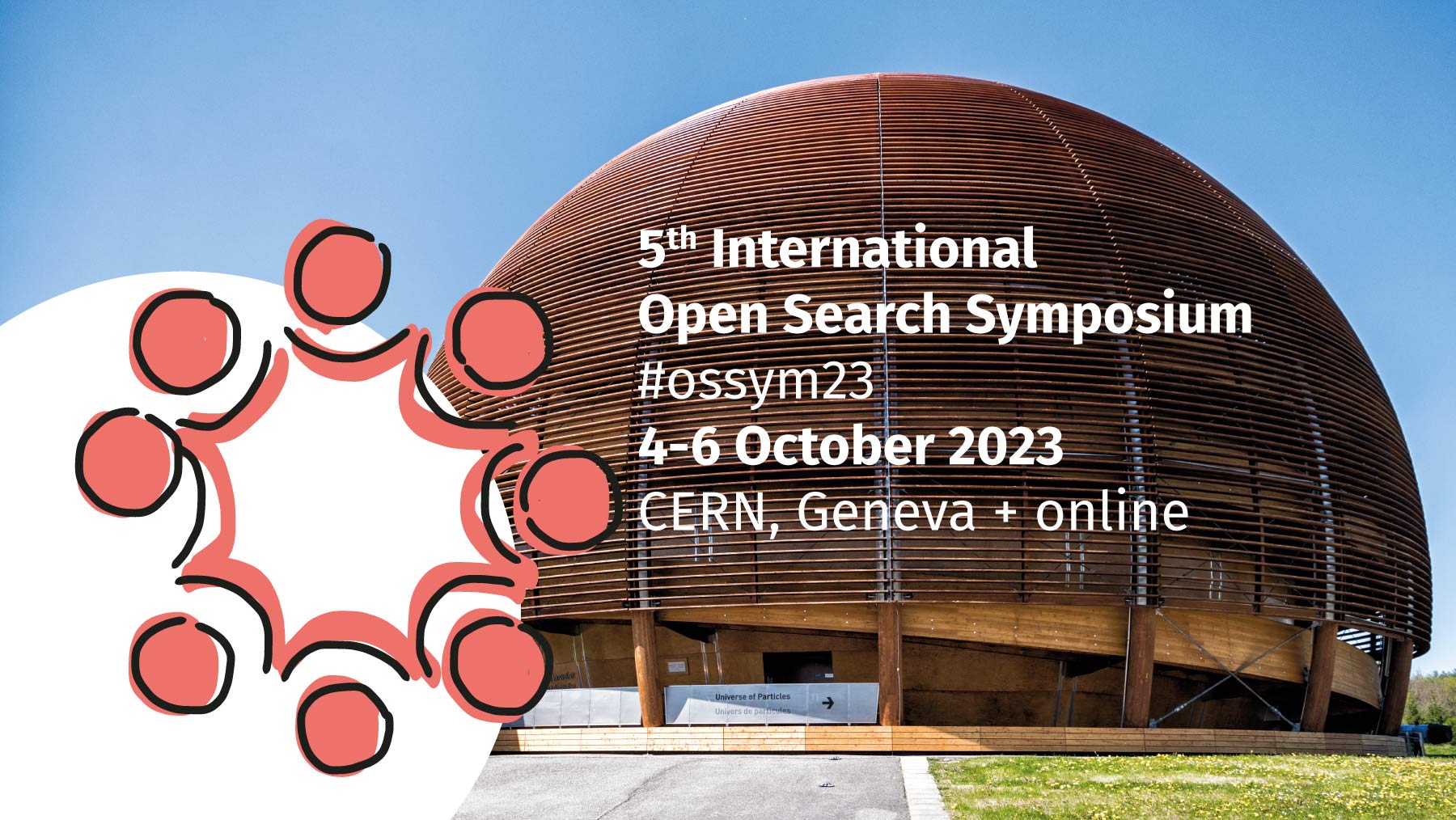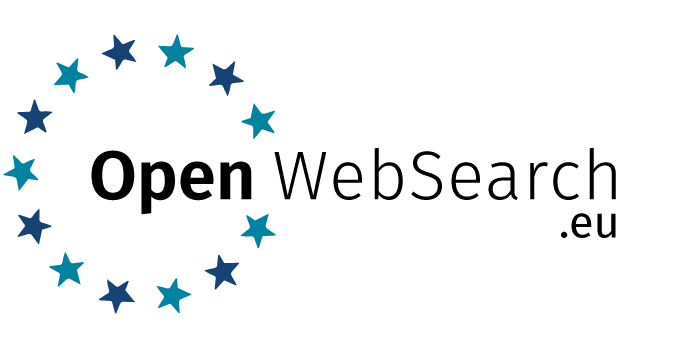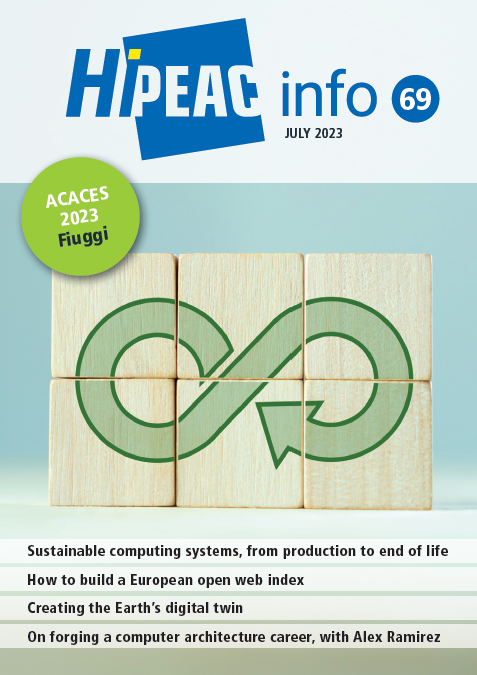First third-party Call has launched
The OpenWebSearch.eu project consortium is eager to identify new project teams to be funded under the OpenWebSearch.eu Community Programme, on-board and integrate them into ongoing and future activities for sustainable Research and Development on Open Web Search.
Third-party activities are driving forces in the OpenWebSearch.eu Community Programme, with funding provided by the OpenWebSearch.eu project (funded by the EC under the GA 101070014). In spring 2023 the OpenWebSearch.eu Community Programme is coming to life. The Community Programme is comprised of activities in support of third-party project initiation, execution and successful completion.
Topics of Call 1
The first call consists of two tracks:
Track 1: Conceptual contributions on legal or economic aspects of Open Search
Building an Open Web Index (OWI) does not only include technical challenges, but also legal and societal ones, especially when considering recent EU legislation like the Digital Service Act or the Digital Market Act. Furthermore, challenges for new business models or significant changes in the search engine market arise.
The consortium seeks for two possible kinds of studies:
- Legal Studies to analyse and understand legal constraints and requirements for building and operating an OWI, which includes, but is not limited to (i) compilation and analysis of the laws and norms that are relevant to building and maintaining an OWI, (ii) legal assessment of technical and non-technical prevention mechanism, (iii) legal assessment of the implications of the right to de-referencing for an OWI or (iv) analysis of existing open source and open data licenses in regard to the suitability for usage in an OWI.
- Economic Studies for setting up and maintaining an OWI as public European infrastructure. This includes, but is not limited to studies for analysing and estimating the costs associated with setting up, operating and maintaining a distributed open web index infrastructure across Europe and analysing and estimating the market potential and economic impact of such an infrastructure.
Track 2: Technical approaches to legally compliant data acquisition considering societal constraints:
Web crawling is the predominant method for web search engines to gather content for their index. However, webmaster and content owners have only limited control over the crawling process via mostly proprietary services. OpenWebSearch.eu is looking for concepts and approaches for opening the proprietary components and provide webmasters and content owners with more control over the crawling process and the usage of their content. Envisioned solutions should be technical in nature, including new metadata schemata/ontologies, algorithms / services for collecting website metadata, services and tools for webmaster and content owners to define legal constraints for crawling as well as open datasets and machine learning models for analysing and filtering web pages during the crawling process.
The OpenWebSearch.EU project consortium is eager to onboard new third-party project teams in OpenWebSearch.eu landscape and integrate them in the future activities for sustainable Research and Development. Therefore, the candidate third-party project should probe the closely related topics addressed in the project and should aim at widening and enriching the existing R&D activities as well as suggesting new ones which are complementary to the project goals and aims.
Dates and Modalities
- Opening date: 1st March 2023
- Closing date: 28th of April 2023, 17:00
- Notification date: 30th June 2023
- Start of projects: 1st August 2023
Successful applications can request funding between 25,000 and 120,000 EUR in this first call for a funding period of up to 12 months.
In particular, we are targeting smaller companies (e.g. SMEs, start-ups), individual innovators, individual researchers or research teams (e.g. doctoral or post-doctoral researchers) from renowned universities. Eligible applicants are individuals residing in EU Member States or Horizon Europe Associated Countries, or organisations registered in EU Member States or Horizon Europe Associated Countries.
Find more info and the full call application package at:
openwebsearch.eu/call1





